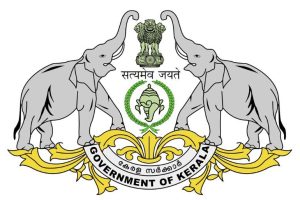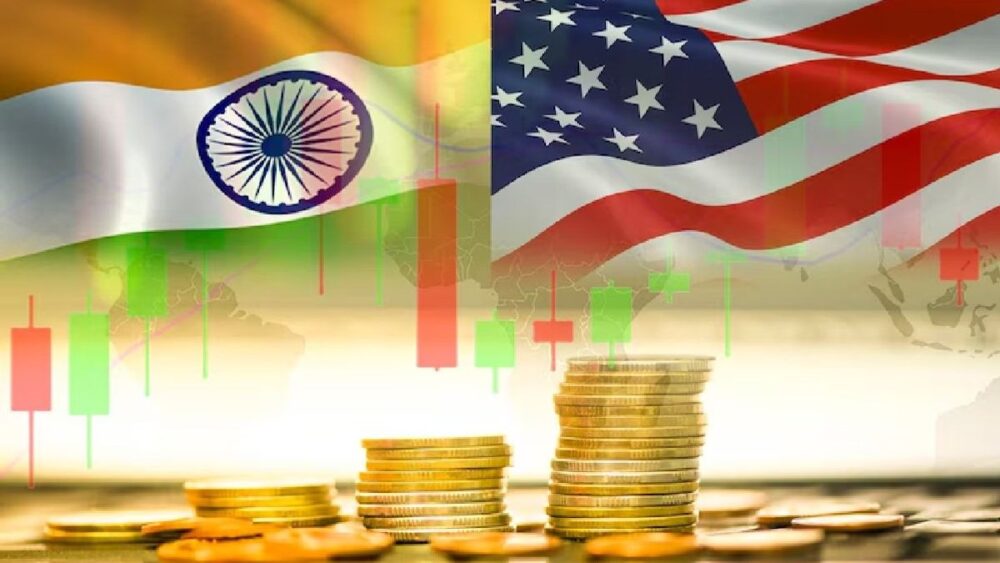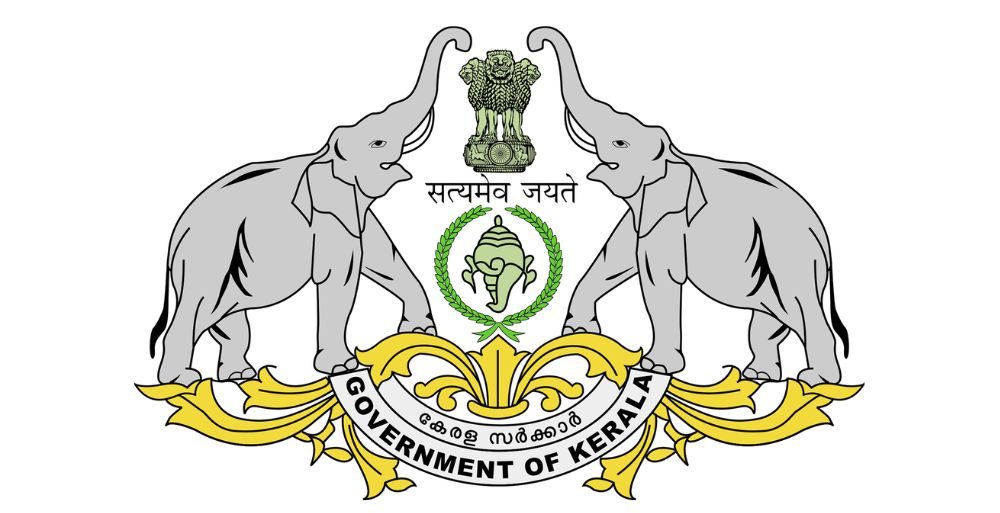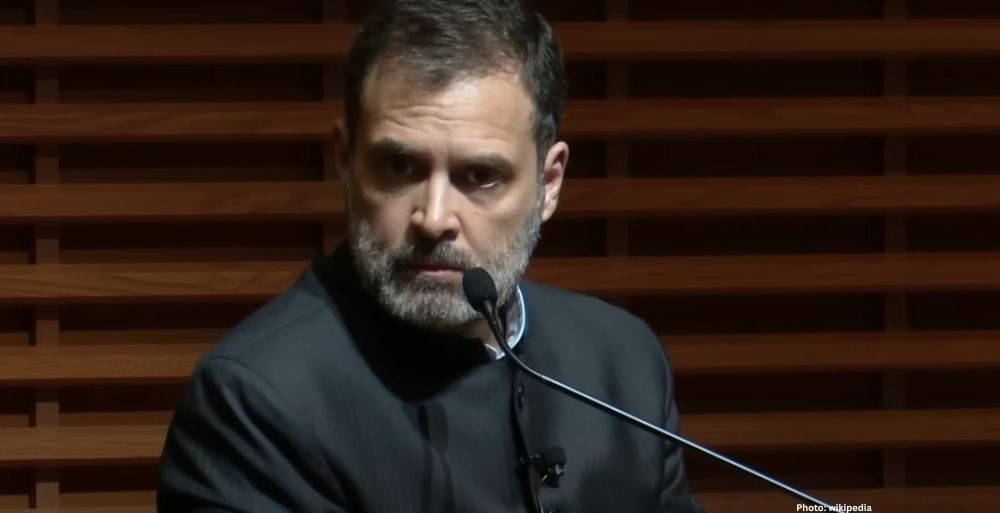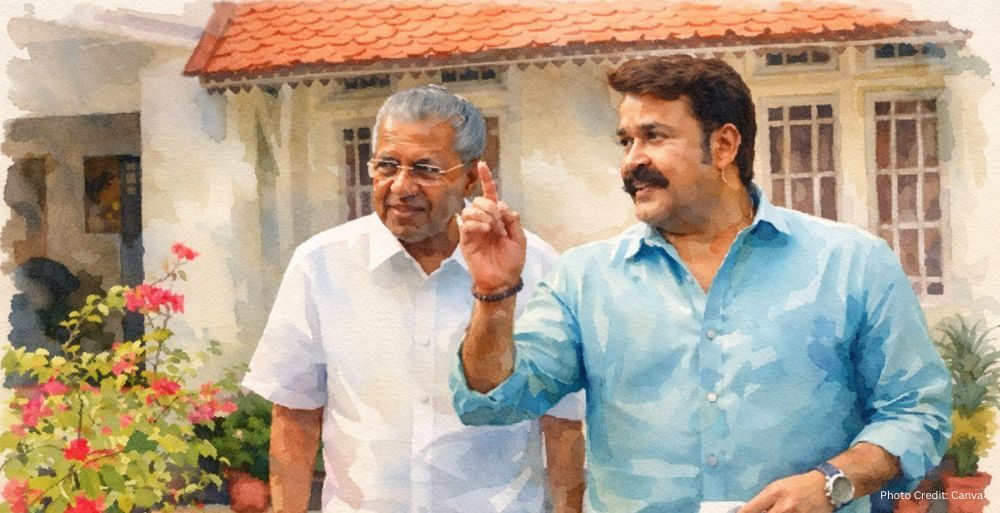The Indian diaspora has faced significant challenges as U.S. tariffs and visa policies impact trade and employment. The Trump administration’s nearly 50% tariffs on many Indian goods—including textiles, shrimp, and diamonds—combined with a new $100,000 H1B visa fee, have heightened concerns among Indian businesses and professionals in the U.S.
While domestic political considerations may have influenced these policies, their global implementation has often appeared inconsistent and abrupt. Economists like Jeffrey Sachs have criticized some of the tariffs as exceeding presidential authority, questioning their effectiveness in reducing trade or budget deficits.
Globally, export-driven economies such as the European Union, Japan, and South Korea have negotiated trade deals under U.S. pressure, highlighting Washington’s continued influence. India, cautious of protecting its agricultural sector and farmers, initially hesitated to engage in similar negotiations, leaving the country vulnerable to economic disruptions.
India’s foreign policy has also faced scrutiny. Its stance within BRICS, balancing relationships with the U.S. while participating in initiatives led by China and Russia, creates strategic ambiguity. While India advocates gradual reforms like local currency settlements, uncertainty remains in global financial circles regarding its alignment with U.S. interests.
Economically, the U.S. faces challenges of mounting national debt, trade deficits, and inflation that threaten the stability of its middle class. The decline of industrial hubs in the Midwest underscores growing wealth disparities, fueling social and political divisions. Meanwhile, the Indian diaspora in the U.S. continues to thrive, though frustrations emerge when multinational corporations exploit visa systems at the expense of local talent.
India itself must adapt to global trade realities. Historically, protectionist policies helped the country build domestic industries and achieve self-reliance. Today, a balance between safeguarding domestic interests and engaging in global trade is essential.
Despite these challenges, India and the U.S. share democratic principles, entrepreneurial drive, and a commitment to innovation. By leveraging these commonalities, both nations can strengthen strategic partnerships and work toward fair, sustainable trade agreements that benefit their economies and global stability.





